For those of you that go through an audit each year, you know how costly and time consuming they can be. You may have wondered, “Do I really need an audit? Is there something else that I can do to satisfy my financial reporting requirements?” To accurately answer those questions, you first need to understand what an audit is, and is not.
What Does An Audit Accomplish?
An audit involves performing procedures to obtain evidence about the amounts and disclosures in the financial statements. The procedures selected depend on the auditor’s judgment, including an assessment of the risks of “material misstatement” of the financial statements, whether due to fraud or error. A “material misstatement” can be defined as, ‘inaccurate information in the financial statements that is significant and could affect the financial decisions of one who relies on the statements.’ This could mean that a misstatement of $100,000 or more would not be considered material to the financial statements, depending on the size of the organization. The auditor determines the dollar amount considered to be ‘significant,’ which varies by organization, as it is based on a variety of factors, such as total assets or total revenue generated for the year.
At the conclusion of an audit, after the auditor has performed his or her procedures, an opinion is issued. There are several different types of opinions that can be received. The most common, and best, opinion you can receive is called the “unmodified opinion,” which states that, in the auditor’s opinion, the financial statements are free from material misstatement. This opinion provides users of the financial statements assurance that they can rely on the financial statements as being materially accurate. If a financial statement were not materially accurate, it could negatively affect the financial decisions of someone who relies on the statement, such as a bank, or the board of the organization.
What Does an Audit Not Accomplish?
As stated above, an audit is designed to detect material misstatements in financial statements. However, if an error or fraud occurred amounting to a non-material dollar amount, it may not be caught as a result of the audit. Contrary to popular belief, an audit is not designed to catch fraud. Statistically, only about three percent of fraud is detected by an external audit.
Also, an audit doesn’t provide an opinion on the effectiveness of the organization’s internal controls. The auditor will consider internal controls relevant to the organization’s preparation and presentation of the financial statements to assess risk and design audit procedures, but he or she won’t express an opinion related to an organization’s system of internal controls. Although an opinion is not issued on the internal controls themselves, the auditor will look for deficiencies in internal control that need to be addressed and discussed with management.
What is the Next Step?
Now that we have covered what an audit is and what it is not, you can evaluate if an audit is right for you. If you are required to furnish an audit to a third party, you may be out of luck and need an audit. Nevertheless, if you are trying to manage your costs, it’s worth a shot to ask if the third party would accept a “review” in place of an audit.
If your audit report is not furnished to a third party, a review may be sufficient for your board of directors. Perhaps the board is concerned about internal controls and would like an “internal controls engagement” performed, which is performed in addition to or separately from an audit.
At TDT, we understand that your resources are precious. If you need assistance in evaluating the proper level of service for your financial reporting needs, we’re here to help. Be sure to look for future articles explaining other assurance services, such as reviews, compilations, and internal control engagements.
Dan Montgomery, CPA, and Manager at Forge discusses the common misconceptions of an audit. With more than eleven years of experience, Dan specializes in audits of nonprofits, governmental entities, and employee benefit plans. Dan is a member of the American Institute of Certified Public Accountants and the Iowa Society of CPAs and serves nonprofit clients.
[/fusion_text][fusion_widget_area name=”avada-custom-sidebar-blognewslettersign-up” title_size=”” title_color=”” background_color=”” padding_top=”” padding_right=”” padding_bottom=”” padding_left=”” hide_on_mobile=”small-visibility,medium-visibility,large-visibility” class=”” id=”” /]
ABOUT THE AUTHOR
Dan Montgomery
Relevant Posts
Learn What Your Business Needs Most to Unlock Faster Growth
Your business relies on four key areas, or centers of intelligence, to thrive. Take the free Business Intelligence Grader to see how you score across financial, leadership, productivity, and human intelligence and learn where to focus to drive greater results.
Your business relies on four key areas, or centers of intelligence, to thrive. Take the free Business Intelligence Grader to see how you score across financial, leadership, productivity, and human intelligence and learn where to focus to drive greater results.



